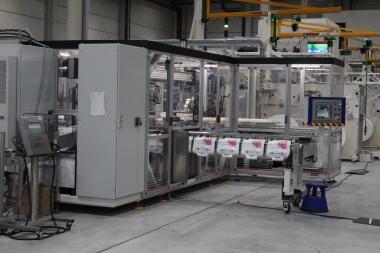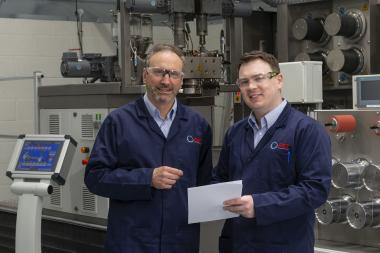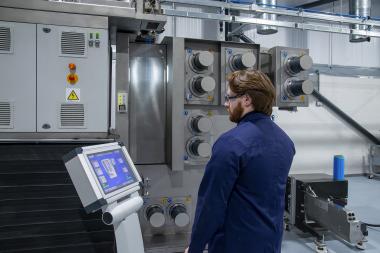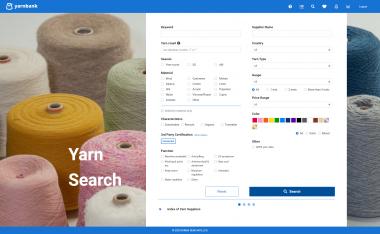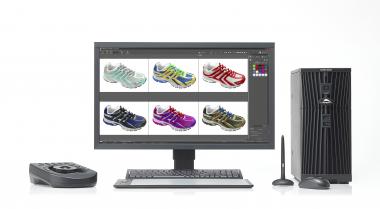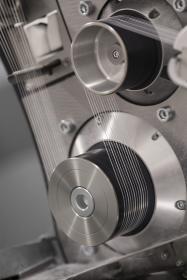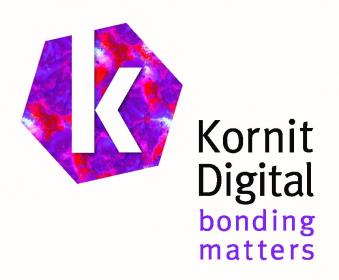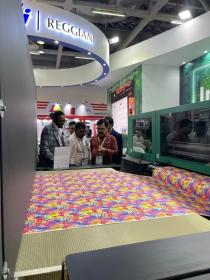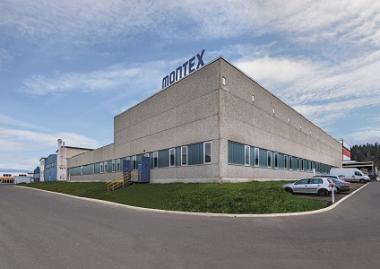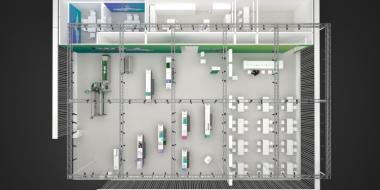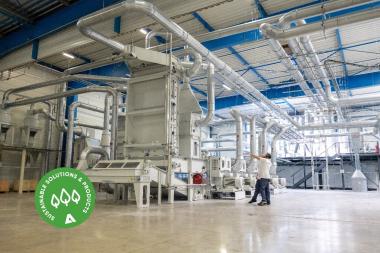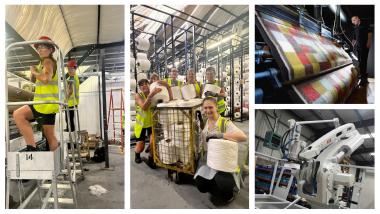SHIMA SEIKI at ITMA 2023
SHIMA SEIKI MFG., LTD. of Wakayama, Japan, will be participating in the International Textile Machinery Association exhibition (ITMA 2023) in Milan, Italy this June.
The Next-Generation group of machines is represented by the letter ‘R,’ first used in the SWG-XR WHOLEGARMENT® knitting machine launched last year in time for SHIMA SEIKI's 60th Anniversary event. The SWG-XR name is based on the original SWG-X four-needlebed WHOLEGARMENT® knitting machine which debuted at the Milan ITMA in 1995. As ITMA returns to Milan, SWG-XR refers to its origin as a pioneering invention that launched a new genre of seam-free knits produced in one entire piece. At the same time it represents a renewal of SHIMA SEIKI's commitment to its customers, the industry and the environment, as all aspects of the machine were re-evaluated in terms of its purpose, the way it is manufactured, how it is used and how it impacts the environment. The same renewal has been applied to the rest of the company's product lineup, and it is this renewal that becomes the core of SHIMA SEIKI's exhibition concept for ITMA 2023: "Reborn."
Of the 9 knitting machines SHIMA SEIKI is exhibiting, 8 machines will be part of the Next-Generation lineup, ranging from WHOLEGARMENT® knitting machines and computerized flat knitting machines to glove knitting machines. More than 300 items will be on display as proposals for knitted applications in various fields ranging from fashion, sports, shoes, bags and accessories to medical, safety, automotive, aeronautical and other wearable and industrial textile applications.
In addition to machine technology, SHIMA SEIKI's SDS-ONE APEX series computer graphic design system and software will be shown with their latest software upgrades that feature significant improvements in knit programming, 3D functions and speed. Demonstrations will be available for a comprehensive fashion tech solutions package based on realistic virtual sampling and supported by various digital solutions and web services.
SHIMA SEIKI MFG., LTD.






